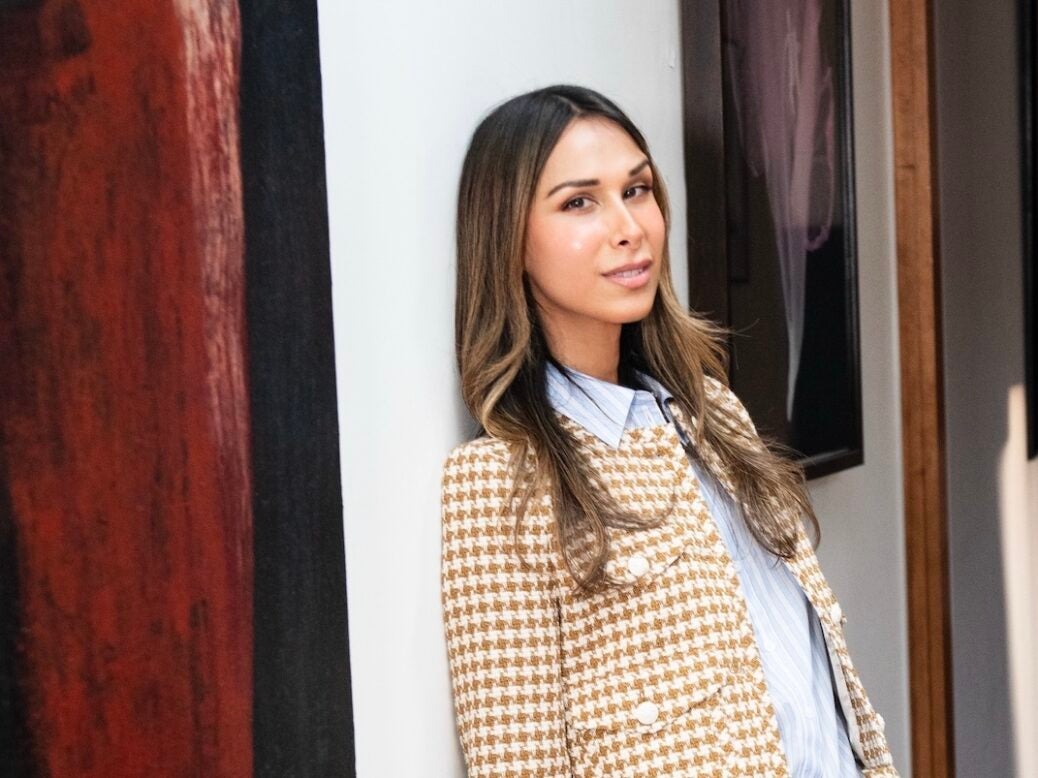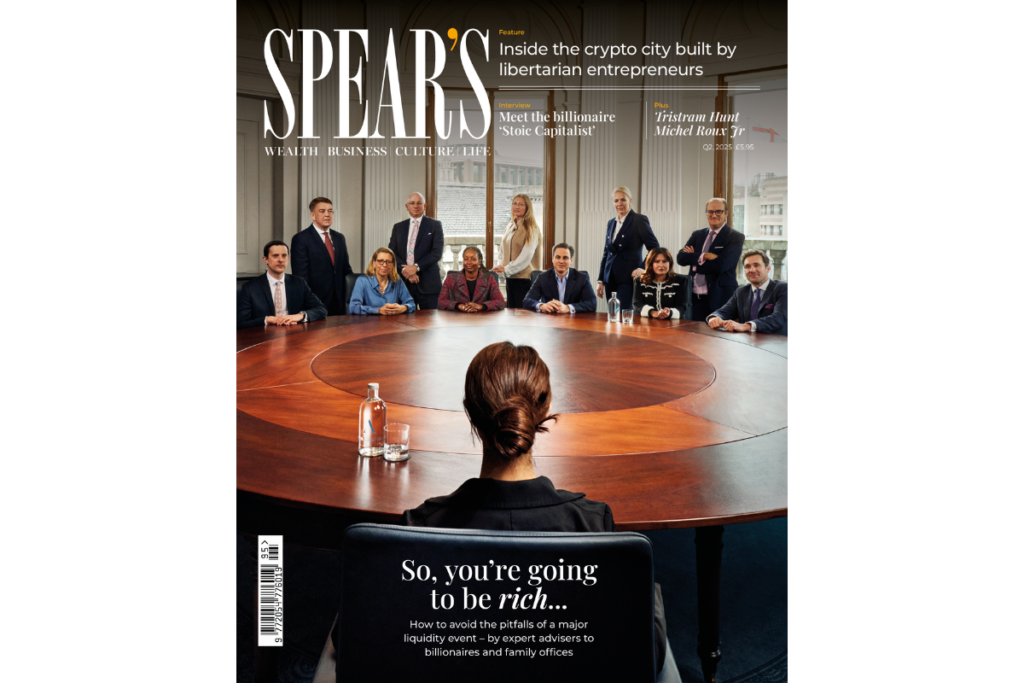
My great-great uncle Set was the founder of the Poppius Journalistskola in Stockholm, the first journalism school in the Nordics. Another great-great uncle, Jalmari Finne, was the author of the Kiljusen herrasväki children’s books, which are part of Finnish culture in a similar way to the Moomins. So I come from what I guess you might call a ‘legacy family’. As members of some British aristocratic families know, the thing about old money is that it runs out! But there’s certainly a literary and journalistic streak in the family; I’ve always been interested in telling stories. That’s what I do now, with fashion and jewellery brands – and for sustainability causes too.
Right now I’m working on a video series for One Tree Planted, a non-profit organisation that’s focused on global reforestation. It’s an incredibly important cause, and the organisation is active around the world. Since 2014 it has planted over 135.5 million trees, restoring 292,864 acres of forest across 82 countries. The cost of delivering the projects varies a little, but it can be done for as little as $1 per tree and couldn’t be easier to support via the website.
[See also: The best philanthropy advisers in 2024]
I’m working with a really talented filmmaker, Noah Sapon. We asked ourselves: ‘How do we attract eyeballs to this issue without it being preachy and obvious?’ The idea is to emphasise the human emotions that result from people’s relationship with nature. For example, if you’re doing a sport like rock-climbing or snowboarding, you’re up in the mountains with the trees and relying on our natural environment to do what you love.
‘I don’t think climate change should be a political issue’
I don’t like the sustainability echo chamber. It’s no good if those of us who are conversant in these issues just keep speaking to each other. We need to be reaching and engaging with new audiences: people who don’t already agree with us, or people who might not yet be educated about the topic. A lot of the sustainability network shames and refuses to work with certain organisations on moral or ethical grounds. That’s fine, I get it. I just think you might make it difficult to win over anyone new if you don’t allow a little bit of leeway, and approach things in a more temperate way.
[See also: How impact investing is set to rise among ethically-driven ultra-rich]
I’m also a member of the Climate Reality Project, which was set up by Al Gore. The organisation’s purpose is to ‘catalyse a global solution to the climate crisis by making urgent action a necessity across every sector of society’. There’s entry screening; I passed the exams during the pandemic, now I’ve got the certification. The first Climate Reality meeting after Donald Trump got elected in November 2024 was probably the most depressing meeting I’ve ever attended, but they’re finding their voice again. The movement remains very hopeful, despite the data that’s coming out.
I think legacy media has such a big part to play, particularly here in the UK. I don’t think climate change should be a political issue. Here you have supposedly intelligent people reading The Telegraph and saying that the climate crisis isn’t real. They say things like, ‘We went through the Ice Age,’ by which they mean modern-day temperature changes are nothing to worry about. If you look at the data, temperature changes in the past happened very slowly, but what we’ve gone through recently has happened rapidly. When people get brainwashed by that type of content it’s really worrying.
As told to Edwin Smith
This article first appeared in Spear’s Magazine Issue 95. Click here to subscribe







